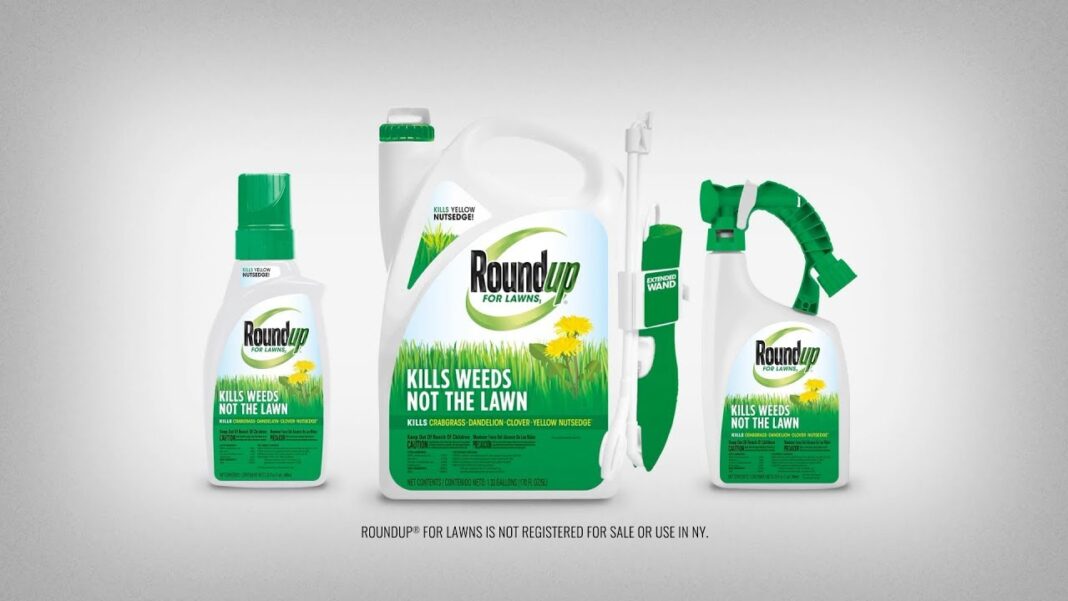
Researchers at the Centers for Disease Control and Prevention (CDC) have found a widely-used herbicide chemical that has been linked to cancer in the majority of urine samples collected from children and adults in the United States.
The health agency released the results of its National Health and Nutrition Examination Survey (NHANES) last month, which showed that over 80 percent of urine samples tested by the CDC contained glyphosate.
Glyphosate is a widely used herbicide and is the active ingredient in the popular Roundup brand, among others, as it is highly effective at managing invasive and noxious weeds.
NHANES, which began in the early 1960s, is a program of studies that are designed to assess the health and nutritional status of adults and children across the country.
The survey found glyphosate in 1,885 of 2,310 urine samples collected from people aged 6 years and older in 2013 and 2014. Nearly a third of the samples came from kids, ranging in age from 6 to 18.
Food is the main route of exposure to glyphosate for children aged 18 and under, according to CDC researchers. Given that the herbicide is used as a pre-harvest drying agent, or crop desiccant—a chemical applied to crops to dry them out more quickly before harvest—the pesticide is highly likely to make its way into foods.
Since glyphosate was first registered, the United States Environmental Protection Agency (EPA) has continuously reviewed and reassessed its safety and uses, most recently releasing an interim decision for registration review in January 2020.
‘Unlikely to Be a Human Carcinogen’
According to the EPA, the agency, “continues to find that there are no risks of concern to human health when glyphosate is used in accordance with its current label.”
“EPA also found that glyphosate is unlikely to be a human carcinogen.”
However, there continues to be intense debate about whether or not glyphosate is indeed carcinogenic.








